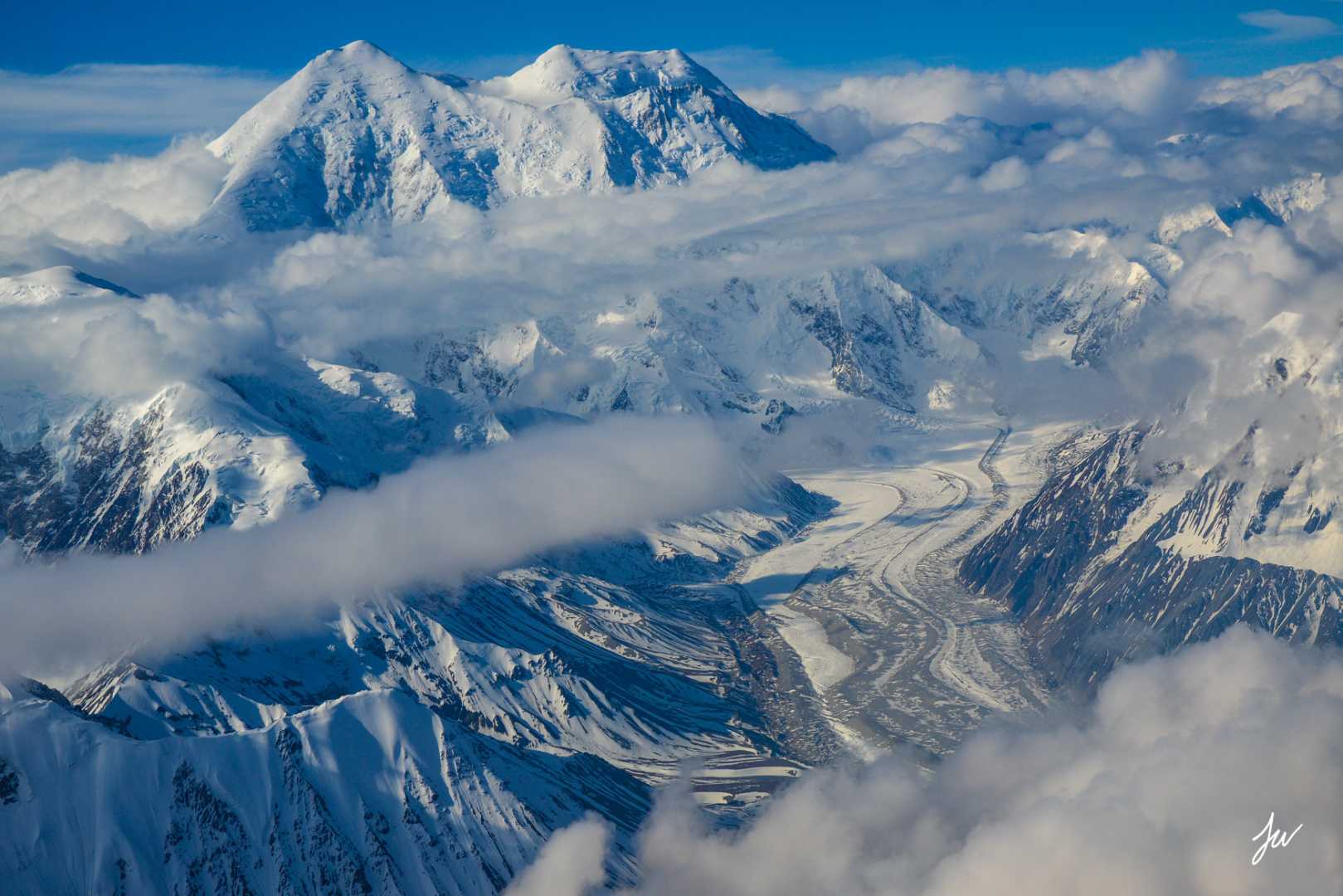World
Denali: The Century-Long Battle Over North America’s Tallest Peak

ANCHORAGE, Alaska — Denali, North America’s tallest peak, has long been a symbol of natural grandeur and cultural significance. But for over a century, its name has been a source of contention, reflecting broader struggles over identity, history, and politics.
Standing at 20,310 feet, Denali has been a sacred landmark for Alaska’s Native peoples for generations. The Athabascan name, meaning “the great one” or “the high one,” was widely used among Indigenous communities. However, in 1896, prospector William Dickey, inspired by the Republican presidential nomination of William McKinley, named the mountain “Mount McKinley” in a New York Sun article. The name became official in 1917, despite objections from Alaskans and Native advocates.
“On clear days, you can see it from many directions, and it’s magnificent,” says Joan Antonson, executive director of the Alaska Historical Society. “But the name has always been a point of conflict.”
The debate over the mountain’s name intensified in the 20th century. Conservationists like Charles Sheldon and Belmore Browne, who advocated for the creation of Mount McKinley National Park in 1917, often clashed with those who preferred the name Denali. Hudson Stuck, an Alaskan missionary, was among the most vocal proponents of the Native name, arguing that it honored the mountain’s Indigenous heritage.
In 1975, Alaska petitioned the U.S. Board on Geographic Names to change the peak’s name to Denali. However, Ohio politicians, including Rep. Ralph S. Regula, repeatedly blocked the effort, citing McKinley’s legacy. “The peak is public land that belongs to all Americans,” Regula told The New York Times in 1980.
The stalemate persisted until 2015, when President Barack Obama‘s administration officially restored the name Denali through a Secretarial Order. “We are simply reflecting the desire of most Alaskans to have an authentically Alaskan name for this iconic Alaskan feature,” Interior Department officials stated at the time.
For many, the name change was a long-overdue recognition of Alaska’s Native heritage. “[Stuck] felt strongly that it should retain the Native name—that there’s no reason it should be named after a politician who had never been to Alaska,” says Brian Okonek, a former Denali expedition leader.
Today, Denali stands not only as a towering natural wonder but also as a testament to the enduring power of cultural identity and the complexities of history.












